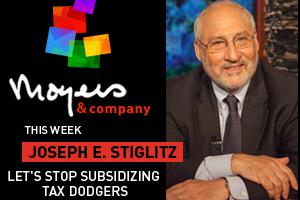Tidbits - January 15, 2015 - NAACP Bombing, Charlie Hebdo, Ferguson, NYPD, Selma and U.S. history and more...
Portside
 Reader Comments - NAACP Bombing; Ferguson Grand Jury; Charlie Hebdo and the Religious Right; Ukraine, Russia and Nazi Revival; TPP Power Grab; 2014 Worker Victories; NYPD Insubordination = Drop in Crime; Thomas Piketty; Selma,Martin Luther King, LBJ and Reality; Gap Between Productivity and Pay; BDS, Palestine and Israel; Cheap Gas;
Announcements - Cuba Five Book Signing;
New Resource - Greece, Golden Dawn and Fascism
Reader Comments - NAACP Bombing; Ferguson Grand Jury; Charlie Hebdo and the Religious Right; Ukraine, Russia and Nazi Revival; TPP Power Grab; 2014 Worker Victories; NYPD Insubordination = Drop in Crime; Thomas Piketty; Selma,Martin Luther King, LBJ and Reality; Gap Between Productivity and Pay; BDS, Palestine and Israel; Cheap Gas;
Announcements - Cuba Five Book Signing;
New Resource - Greece, Golden Dawn and Fascism









Spread the word